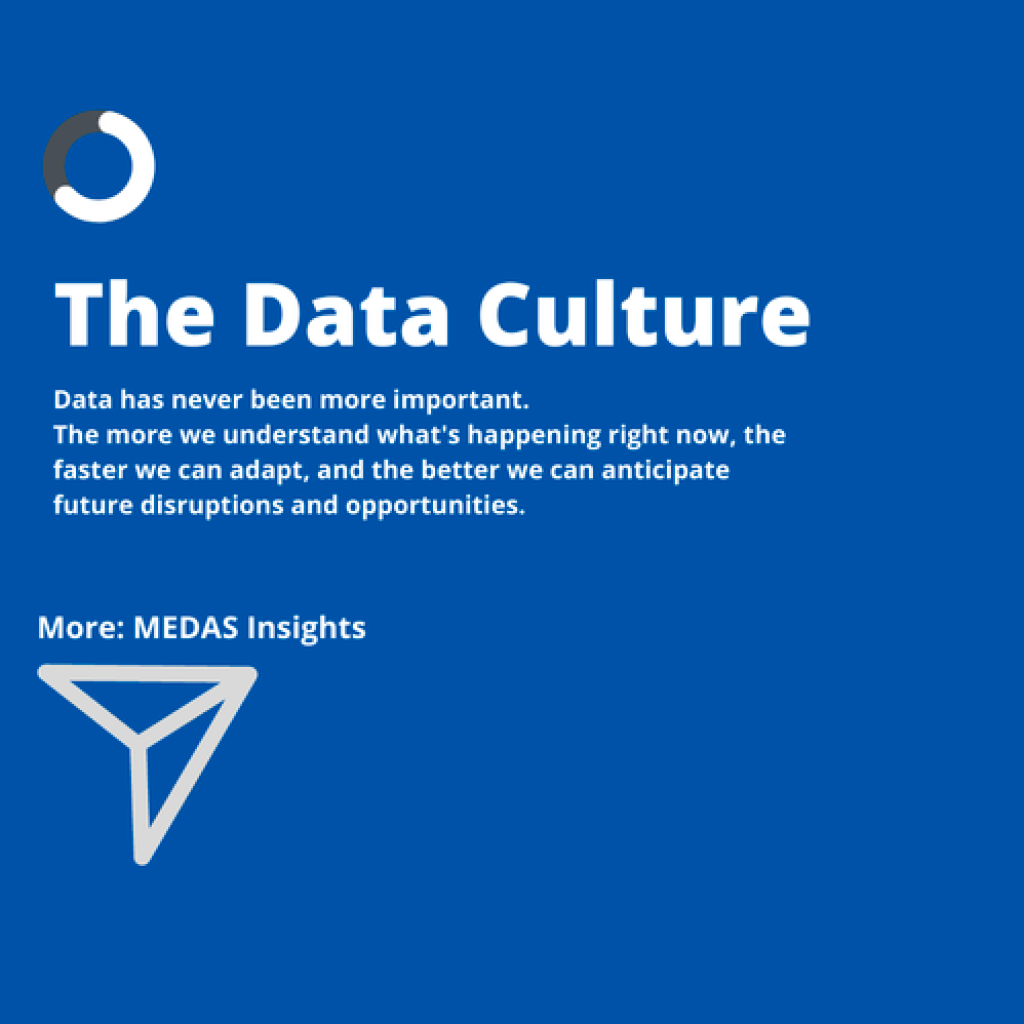Thomas Meyer
June 16,2022
Data has never been more important. The more we understand what's happening right now, the faster we can adapt, and the better we can anticipate future disruptions and opportunities. Companies that invested in digital tools, advanced analytics, and data literacy have not only navigated the COVID-19 pandemic more successfully—they've empowered more flexible, resilient cultures.
Data, tools, and technology are nothing without people. People make the culture. And culture makes all the difference.
A modern culture of data is one of experimentation and innovation, where people have the power to accelerate business outcomes with rapid insights. For most companies, that’s a profound shift, so we’ve broken it down to five elements—starting with the vision.
A Bold Vision To build a successful culture of data, you need to know where you’re going, how you’ll get there, and why it’s important. Aligned to the overall corporate strategy—and supported by executive leadership—your bold vision establishes a unifying sense of purpose. Shared goals and objectives across functional areas reinforce the emphasis on collaboration and behavioral change.
Next, your business needs a holistic data foundation that empowers people to see, trust, and use data. The elements that make up this foundation are deeply entwined.
Access and Transparency Make data available to everyone in your organization with an integrated technology architecture and infrastructure. Create flexible, user-friendly systems that allow people to analyze data when and how they need to.
Guardianship Establish trust in data, tools, and practices—so people can engage with confidence. Data guardianship includes components of data governance, as well as ethics, privacy, security, and regulatory compliance.
Data Literacy Develop the mindsets and skills that drive action. Empower your people to uncover insights, ask questions, think critically, and challenge conclusions with data and experimentation.
Ways of Working Update your operating model and organizational structure with processes, roles, and responsibilities that support your vision. Upskill and recruit talent, incentivize behaviors, and embed analytics in daily activities.
Contact us to discuss on how you can experience the modern culture of DATA.


